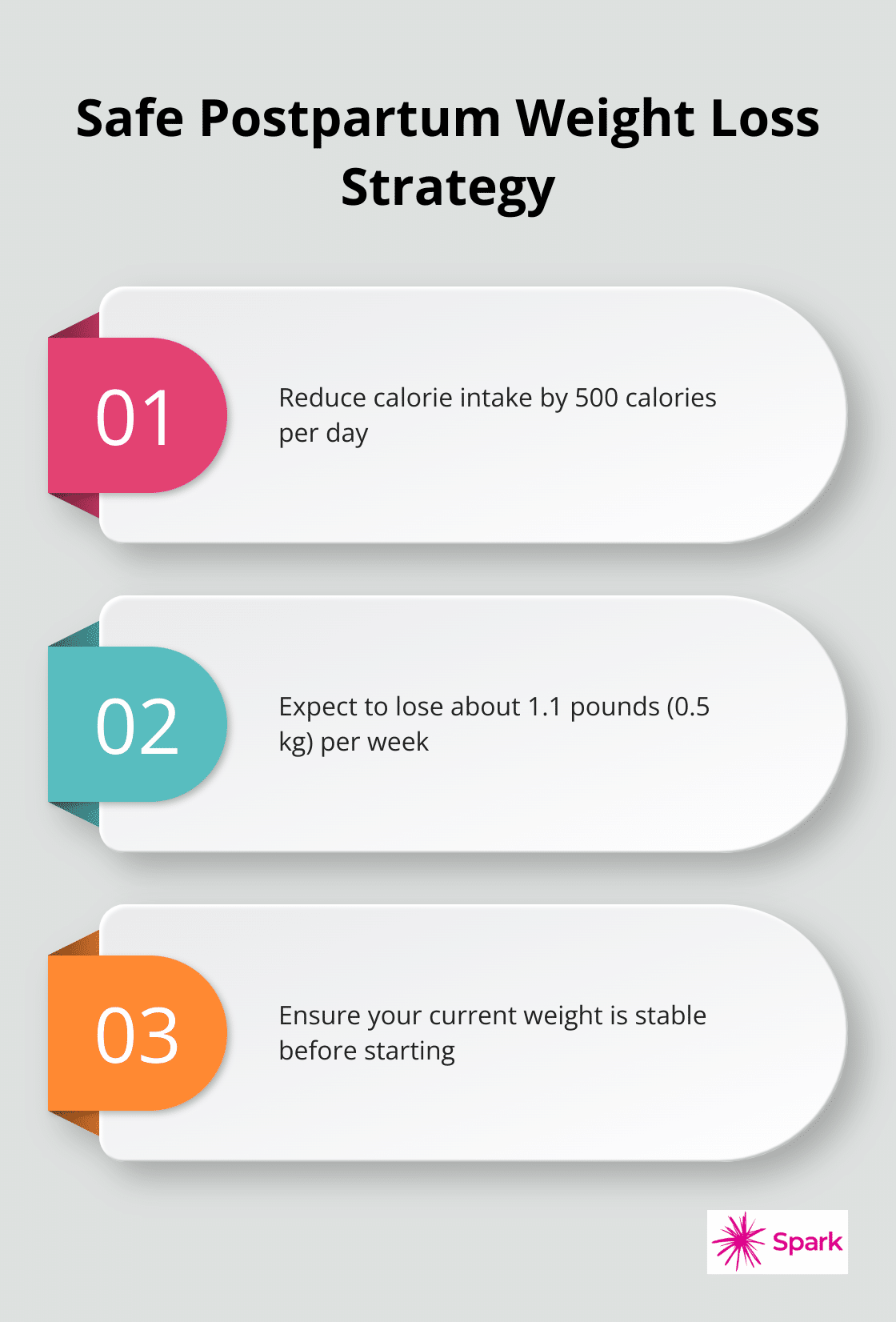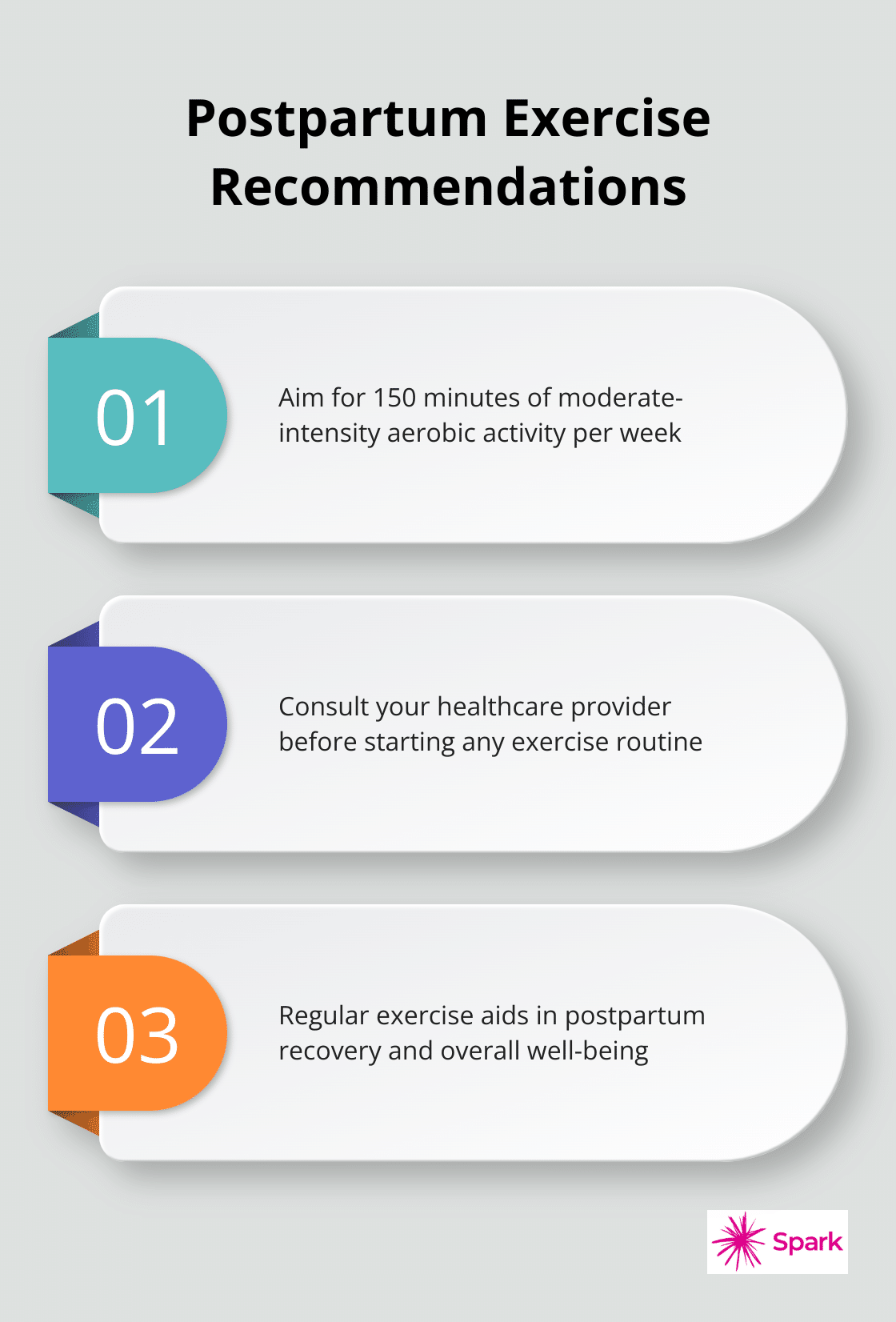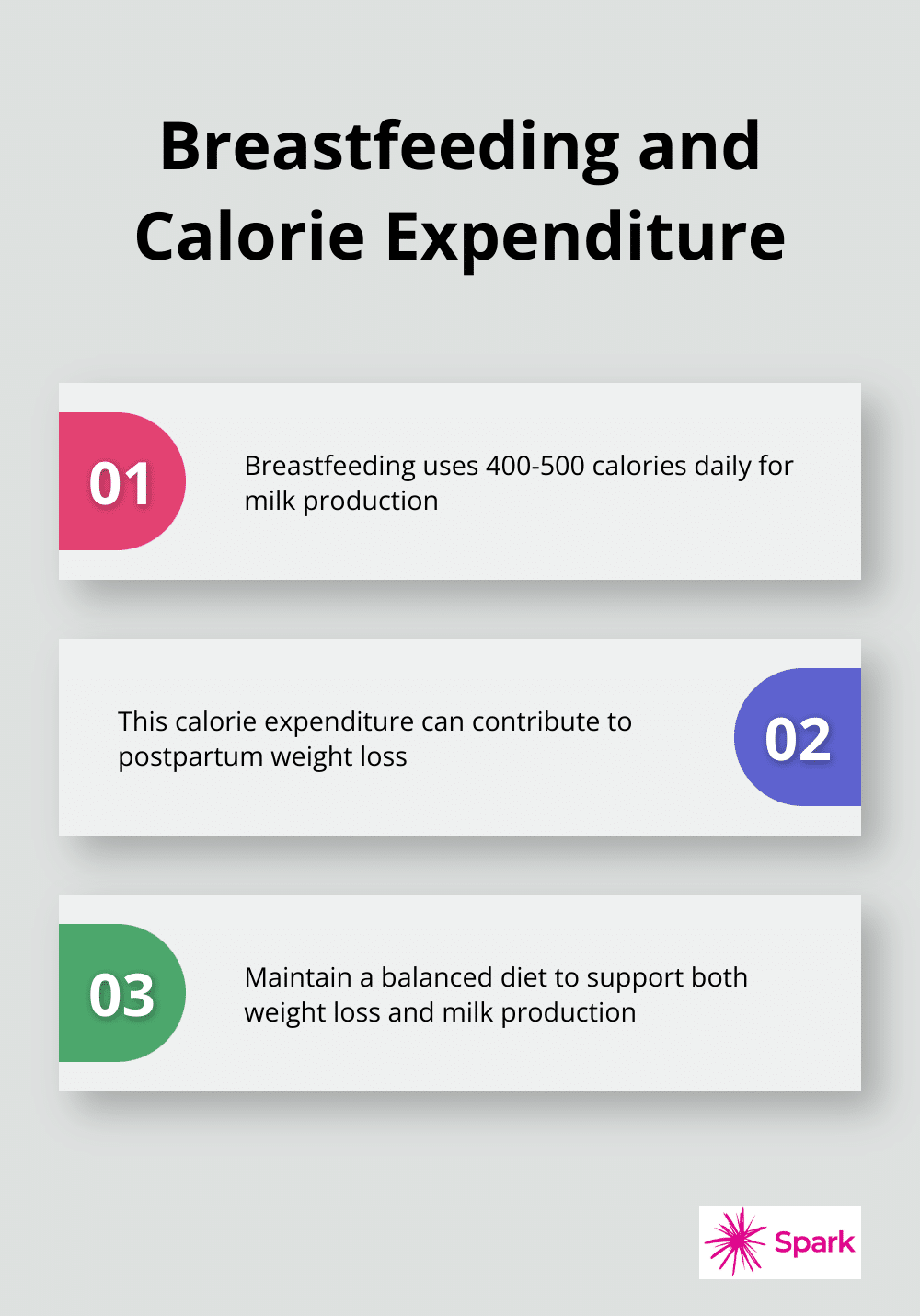At Spark Healthcare, we understand the challenges new mothers face when it comes to weight reduction after pregnancy. Losing those extra pounds can feel daunting, but it’s important to approach postpartum weight loss safely and patiently.
In this blog post, we’ll guide you through effective strategies for shedding pregnancy weight while prioritizing your health and well-being. From nutrition tips to safe exercise routines, we’ve got you covered with practical advice for your postpartum journey.
Why Postpartum Weight Loss Takes Time
The Body’s Natural Recovery Process
After childbirth, your body needs time to heal. In the first six weeks postpartum, you’ll likely lose about 10 to 12 pounds naturally (this includes the weight of the baby, placenta, and amniotic fluid). The remaining weight loss happens gradually as your body readjusts.
Setting Realistic Goals
It’s important to set achievable targets. Decreasing your calorie intake by about 500 calories per day will stimulate safe weight loss of about 1.1 pounds (0.5 kg) per week, assuming your weight is currently stable.

Common Challenges for New Mothers
Sleep Deprivation
Persistent sleep deprivation can disrupt hormones that control hunger and fullness, making it harder to manage your diet. Sleep deprivation results in a variety of physiological changes, including a decrease in plasma leptin levels and an increase in ghrelin levels.
Stress and Emotional Well-being
The demands of caring for a newborn can lead to emotional eating or neglecting self-care. The American Psychological Association reports that up to 1 in 7 women experience postpartum depression, which can impact weight loss efforts.
Time Constraints
New mothers often find it difficult to prepare healthy meals or exercise regularly. The American College of Obstetricians and Gynecologists recommends at least 150 minutes of moderate-intensity aerobic activity every week, but finding this time can be challenging.
The Role of Breastfeeding
If you’re breastfeeding, your body requires extra calories to produce milk. Women who are exclusively breastfeeding use 400 to 500 calories daily to make the full amount of milk most babies need. While breastfeeding can help with weight loss, it’s important not to restrict calories too much, as this can affect milk production.
As we move forward, we’ll explore healthy nutrition strategies that support postpartum weight loss while ensuring you get the nutrients you need for recovery and (if applicable) breastfeeding.
Fueling Your Postpartum Body
Balanced Nutrition for Recovery
After giving birth, your body needs proper nutrition to recover and support weight loss. Focus on nutrient-dense foods that provide energy and essential vitamins.
Meal Planning Strategies
Plan meals in advance to maintain a balanced diet. Try to include a mix of lean proteins, whole grains, fruits, and vegetables. A typical day might include:
Breakfast: Oatmeal with berries and a tablespoon of almond butterLunch: Grilled chicken salad with mixed greens and avocadoDinner: Baked salmon with quinoa and steamed broccoli
Eat at least 1,800 calories a day to support your milk production while losing weight. Choose a wide variety of nutrient-dense foods (foods high in nutrients).
Power-Packed Foods for Recovery
Certain foods can aid in postpartum recovery and weight loss:
Leafy greens: Spinach and kale are good sources of iron. Red meat, liver, clams, and oysters are also excellent sources of iron.
Salmon: Supports brain health and may reduce the risk of postpartum depression (high in omega-3 fatty acids).
Greek yogurt: Aids digestion and helps you feel full longer (packed with protein and probiotics).
Lentils: Help stabilize blood sugar levels (a great source of fiber and plant-based protein).
Smart Snacking for Busy Moms
Having healthy snacks on hand can prevent unhealthy choices when time is tight. Some options include:
Hard-boiled eggs: Protein-rich and easy to prepare in advance.
Apple slices with peanut butter: Combines fiber and protein for lasting energy.
Hummus with carrot sticks: Provides a satisfying crunch with added nutrients.
Greek yogurt with berries: Offers protein and antioxidants in a quick, tasty package.
Hydration is Key
Staying hydrated is essential. It is helpful to drink an 8-ounce glass of water, juice, or milk at each meal and every time you feed your baby. Water should be your primary beverage, but unsweetened herbal teas can also contribute to your fluid intake.
While following these nutrition guidelines, it’s important to listen to your body and eat when you’re hungry. Extreme calorie restriction can hinder recovery and affect milk production if you’re breastfeeding.
Now that we’ve covered nutrition, let’s move on to safe and effective exercise strategies for postpartum weight loss.
Safe and Effective Exercise After Pregnancy
When to Start Postpartum Exercise
The American College of Obstetricians and Gynecologists advises that women who habitually engaged in vigorous-intensity aerobic activity or who were physically active before pregnancy can continue these activities during pregnancy and the postpartum period. This period allows the body to heal from pregnancy and childbirth. Women who had uncomplicated vaginal deliveries can start light activities like walking within days of giving birth. Those who had a cesarean section or experienced complications should consult their healthcare provider before resuming physical activity.

Low-Impact Exercises for New Mothers
Once cleared by a doctor, new mothers can try these low-impact exercises:
Pelvic Floor Exercises
Pelvic floor exercises (also known as Kegels) can help restore the abdominal wall and strengthen the pelvic floor, aiding in recovery from birth. A reverse Kegel is the opposite movement of a regular Kegel exercise.
Swimming
Swimming provides a full-body workout that is gentle on joints and improves cardiovascular fitness. Many community centers offer “Mommy and Me” swim classes, which allow mothers to exercise while bonding with their babies.
Yoga
Postpartum yoga classes can improve flexibility, reduce stress, and strengthen the core. A study found that taking part in postnatal yoga is associated with decreased symptoms of depression and an increase in psychological well-being.
Workouts with Your Baby
Incorporating your baby into your exercise routine can be both practical and fun. Here are some ideas:
Stroller Walks
Invest in a sturdy jogging stroller and take your baby for brisk walks or light jogs. The American Council on Exercise recommends starting with 20-30 minute sessions, three to four times a week.
Baby-Wearing Workouts
Using a baby carrier, you can perform squats, lunges, and gentle bounces. Always ensure your baby is securely fastened and maintain proper form to avoid injury.
Postpartum Fitness Classes
Many gyms and community centers offer classes specifically designed for new mothers. These classes often allow you to bring your baby, providing a supportive environment for getting back in shape.
Every woman’s postpartum journey is unique. Listen to your body and don’t push yourself too hard. If you experience pain, excessive fatigue, or any unusual symptoms, stop exercising and consult your healthcare provider. With patience and consistency, you can safely regain your strength and fitness after pregnancy.
Final Thoughts
Every woman’s postpartum journey differs, and weight reduction after pregnancy requires patience and a holistic approach. We encourage you to focus on balanced nutrition, introduce appropriate exercise, and prioritize self-care during this transformative period. Your body deserves time to recover after accomplishing the incredible feat of childbirth.

We at Spark Healthcare understand the unique challenges new mothers face. Our telepsychiatry services offer personalized care for postpartum mental health concerns, all from the comfort of your home. We provide support for conditions such as postpartum depression and anxiety (among others).
Your postpartum journey extends beyond weight loss; it encompasses nurturing your physical and mental well-being as you embrace motherhood. With perseverance and the right support, you can achieve your health goals while cherishing this special time with your new baby.






